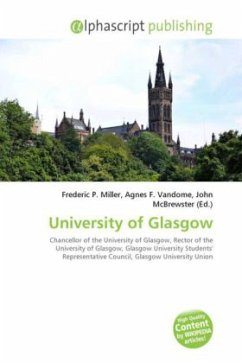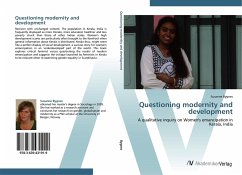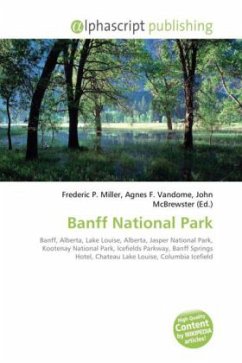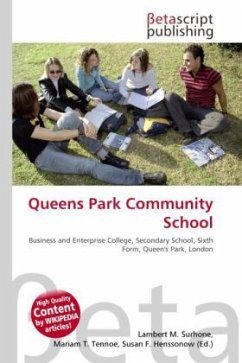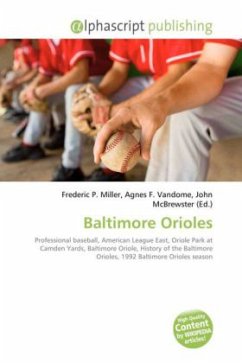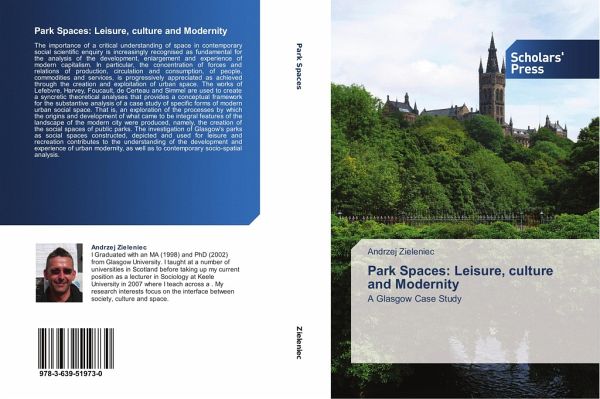
Park Spaces: Leisure, culture and Modernity
A Glasgow Case Study
Versandkostenfrei!
Versandfertig in 6-10 Tagen
66,99 €
inkl. MwSt.

PAYBACK Punkte
33 °P sammeln!
The importance of a critical understanding of space in contemporary social scientific enquiry is increasingly recognised as fundamental for the analysis of the development, enlargement and experience of modern capitalism. In particular, the concentration of forces and relations of production, circulation and consumption, of people, commodities and services, is progressively appreciated as achieved through the creation and exploitation of urban space. The works of Lefebvre, Harvey, Foucault, de Certeau and Simmel are used to create a syncretic theoretical analyses that provides a conceptual fra...
The importance of a critical understanding of space in contemporary social scientific enquiry is increasingly recognised as fundamental for the analysis of the development, enlargement and experience of modern capitalism. In particular, the concentration of forces and relations of production, circulation and consumption, of people, commodities and services, is progressively appreciated as achieved through the creation and exploitation of urban space. The works of Lefebvre, Harvey, Foucault, de Certeau and Simmel are used to create a syncretic theoretical analyses that provides a conceptual framework for the substantive analysis of a case study of specific forms of modern urban social space. That is, an exploration of the processes by which the origins and development of what came to be integral features of the landscape of the modern city were produced, namely, the creation of the social spaces of public parks. The investigation of Glasgow's parks as social spaces constructed, depicted and used for leisure and recreation contributes to the understanding of the development and experience of urban modernity, as well as to contemporary socio-spatial analysis.




